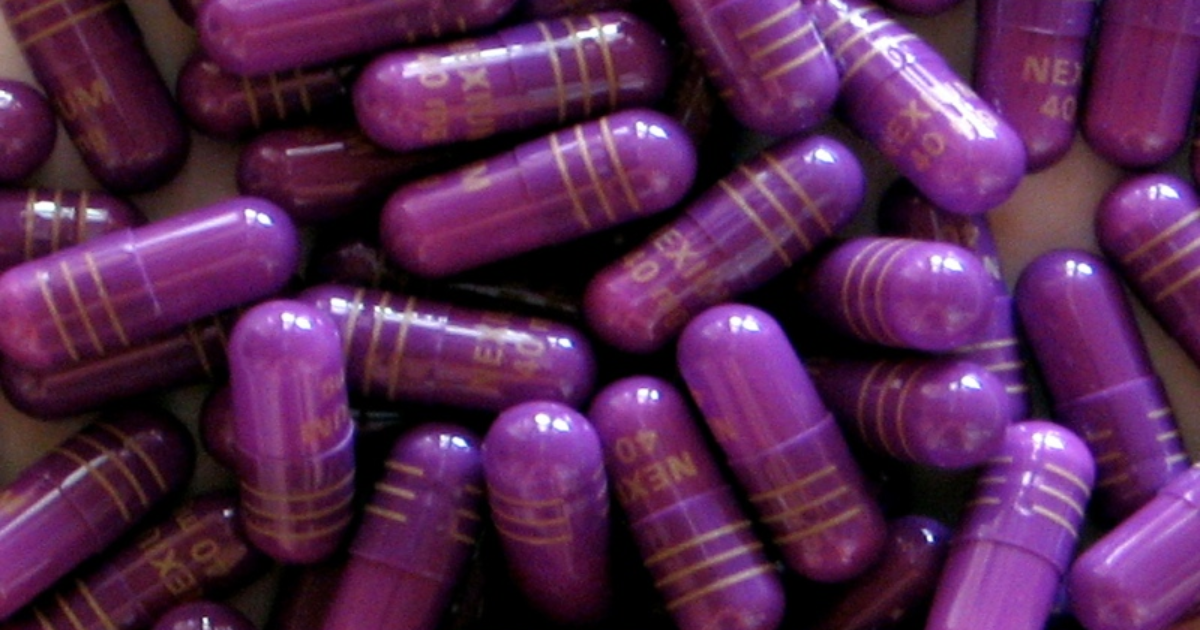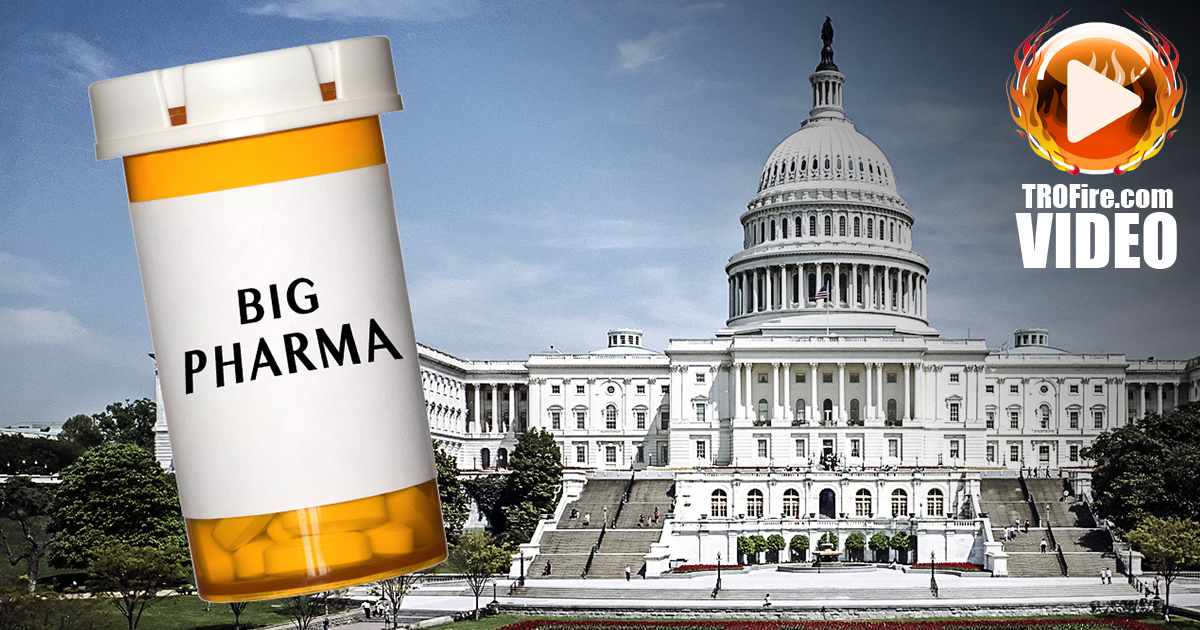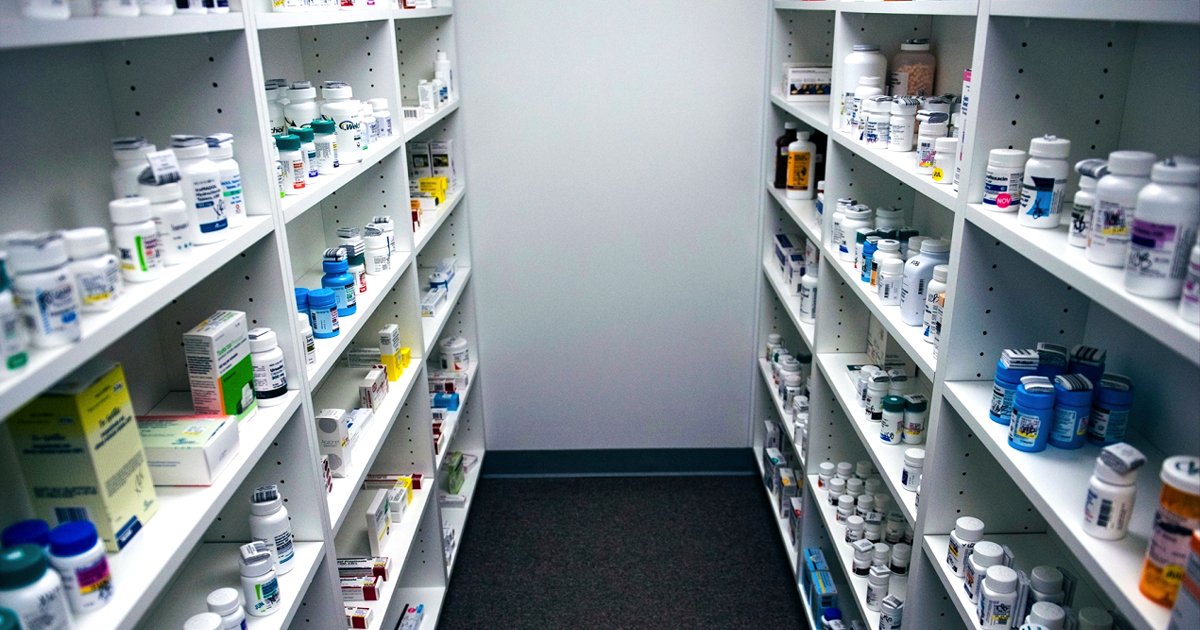In the wake of news about the largest Medicare fraud case in history, more disturbing facts have come to light. According to a report in the Wall Street Journal, drug companies and medical device manufacturers paid out nearly $6.5 billion to physicians and medical training programs last year. The worst part of it: most of it appears to be legal.
This information is public thanks largely to another provision of the Affordable Care Act requiring players in the health care industry to disclose these payments. In addition, these companies must provide information on the value of non-monetary “perks” such as gourmet meals and all-expense paid trips to exotic resorts and “entertainment.”
To hear corporate representatives tell it, these payments and gifts are about research and education. Some of them undoubtedly are. Physicians regularly consult with drug makers and medical device manufacturers on how these products are working for patients. Health care professionals are also involved in clinical trials, and should be compensated for their time and expertise. But come on… payments for the services of a masseuse (in an airport, no less)? Tickets to tourist attractions? $2,000 for a “training seminar” at a Caribbean resort?
One would think that a medical training seminar should be conducted at a research facility or a university hospital closer to home.
The drug and medical device industry’s practice of paying “kickbacks” to physicians has been endemic in recent years. In 2007, three major manufacturers of metal-on-metal hip replacements were targeted in a Department of Justice investigation. This investigation was sparked by reports that the prosthetic devices were defective and subject to premature failure – and that the manufacturers were aware of these defects. In the wake of this investigation, the U.S. Department of Health and Human Services reported that these companies had paid out $800 million over a four year period to “physician consultants.” In order to get the Department of Justice off their backs and drop the investigation, the hip manufacturers agreed to provide detailed information about those payments.
Whether or not these payments are legal, the entire issue is raising eyebrows among medical professionals as well as patients. Now that such transactions are public record, increasing numbers of physicians are distancing themselves from drug and medical device companies.
The system is not perfect. There have been reports of inaccuracies, and the process by which individual physicians can dispute information they feel is in error is complicated and time-consuming. Still, the number of lawsuits against pharmaceutical companies and medical device manufacturers continues to grow. Plaintiffs in these cases allege that these companies were aware – or should have known – of their products’ potential side effects and risks of injury. Why is this happening with such alarming frequency? If these products are considered safe and reliable, why are sales representatives being so aggressive and offering all these “incentives”?
A payment from a health care products maker to a physician by itself is not necessarily a bribe or a kickback. Many of these payments may indeed be for legitimate services. Nonetheless, given the recent history of the profit-driven health care industry, it’s small wonder the public has little trust. Now, thanks to the “Sunshine Provision” of the ACA and the Open Payments web page at CMS.gov, we can at least see who is paying how much to whom and get some idea of why these payments are being made.
It’s a first step in reducing corruption in an industry riddled with it.




